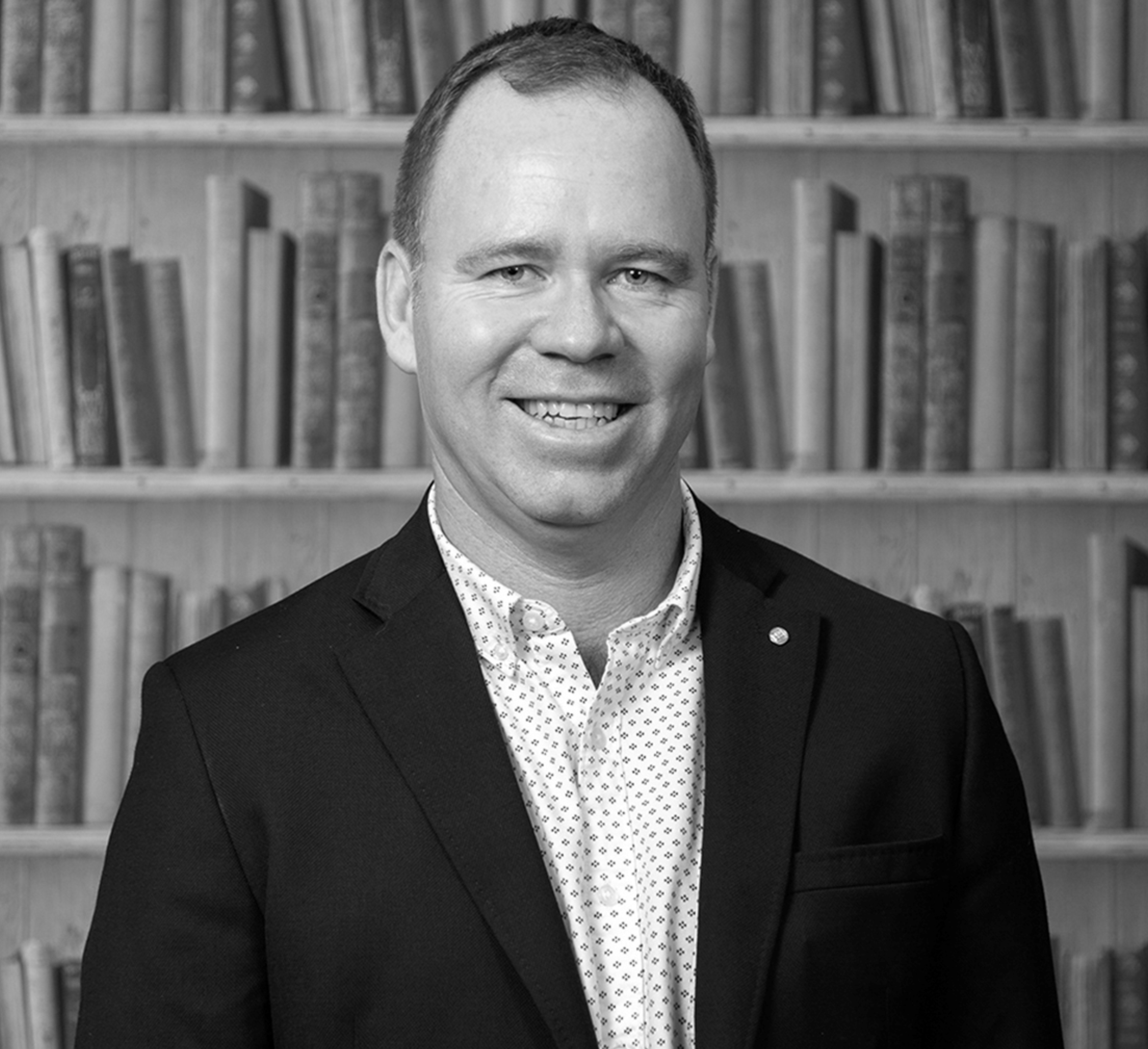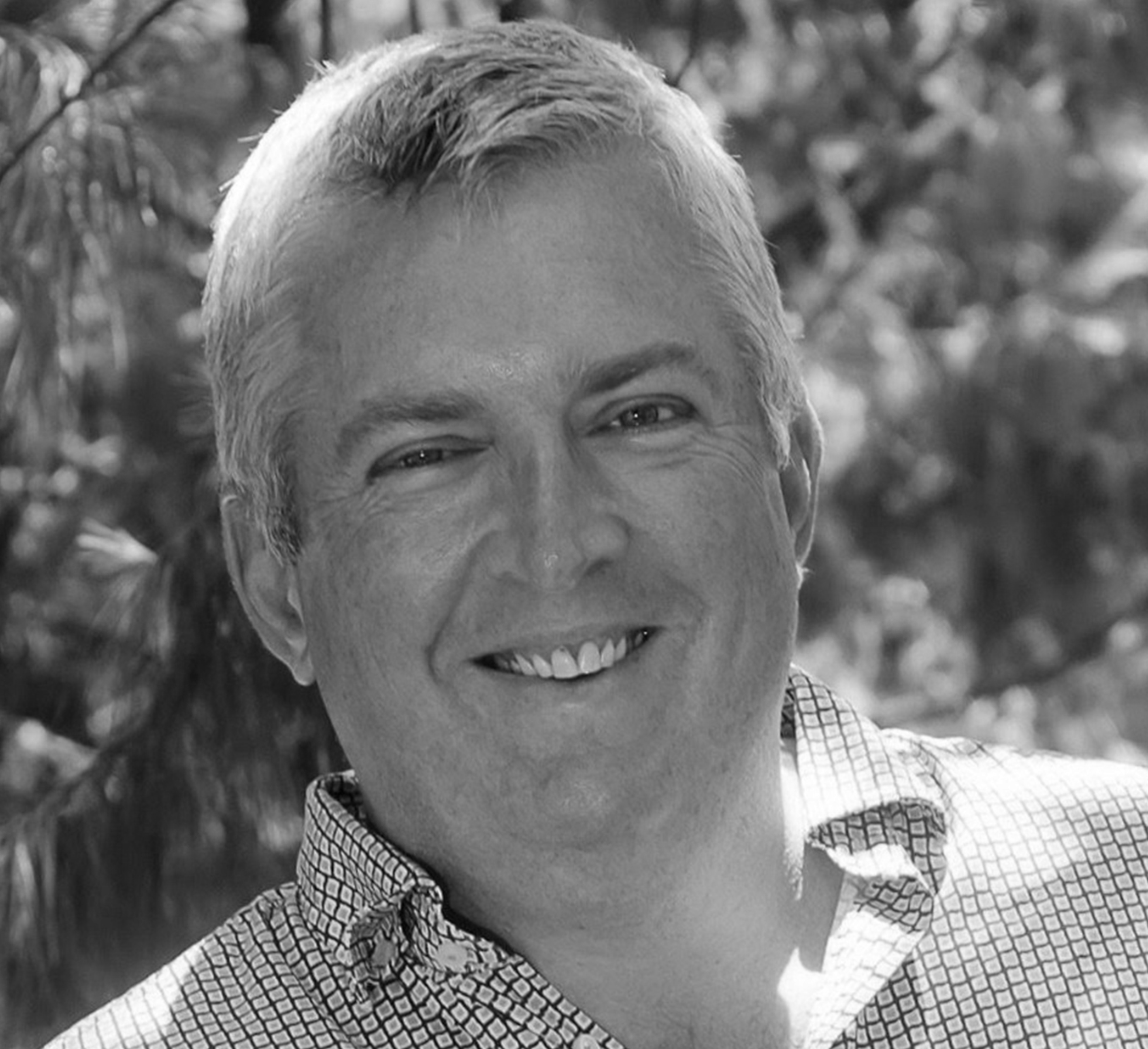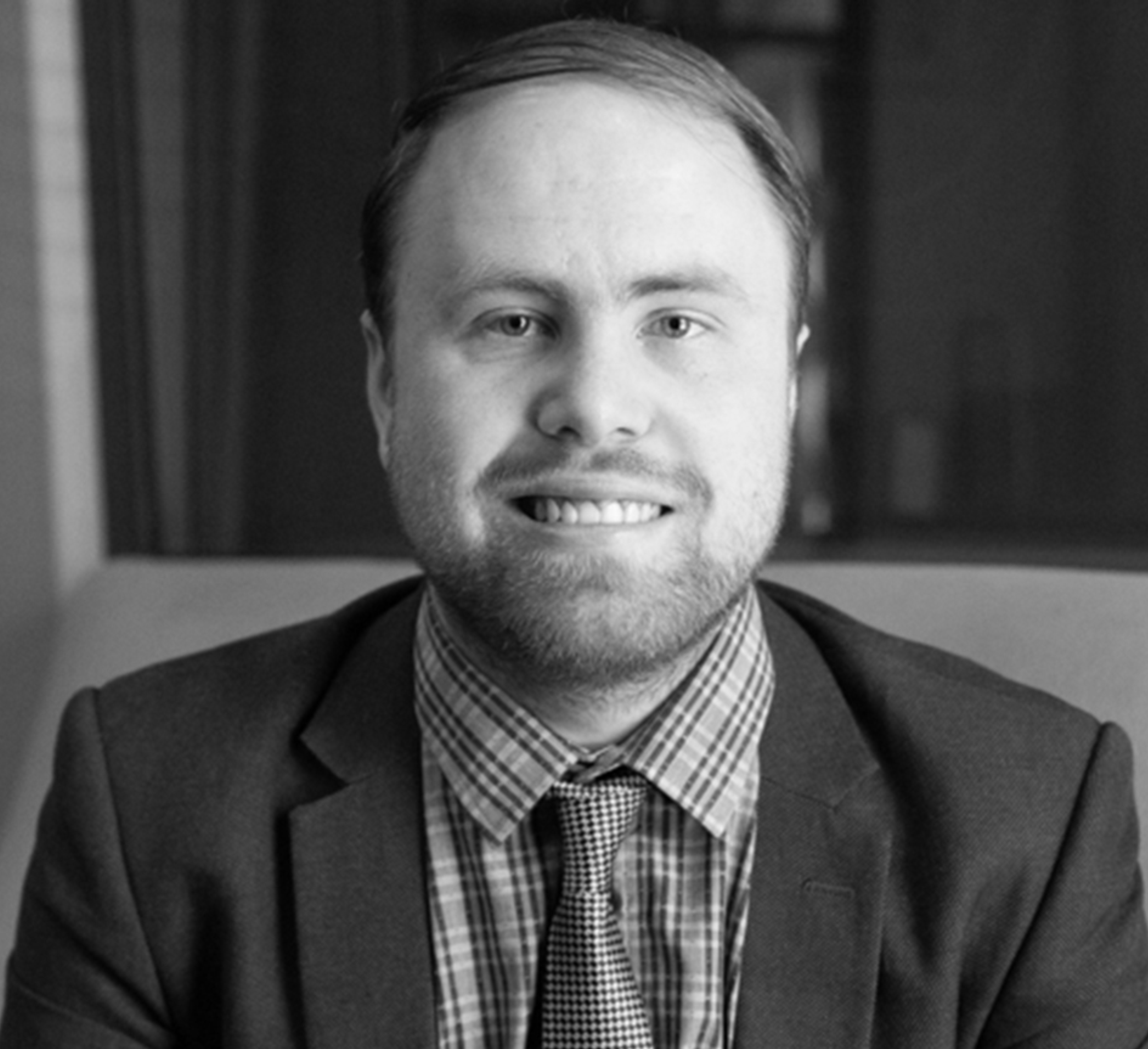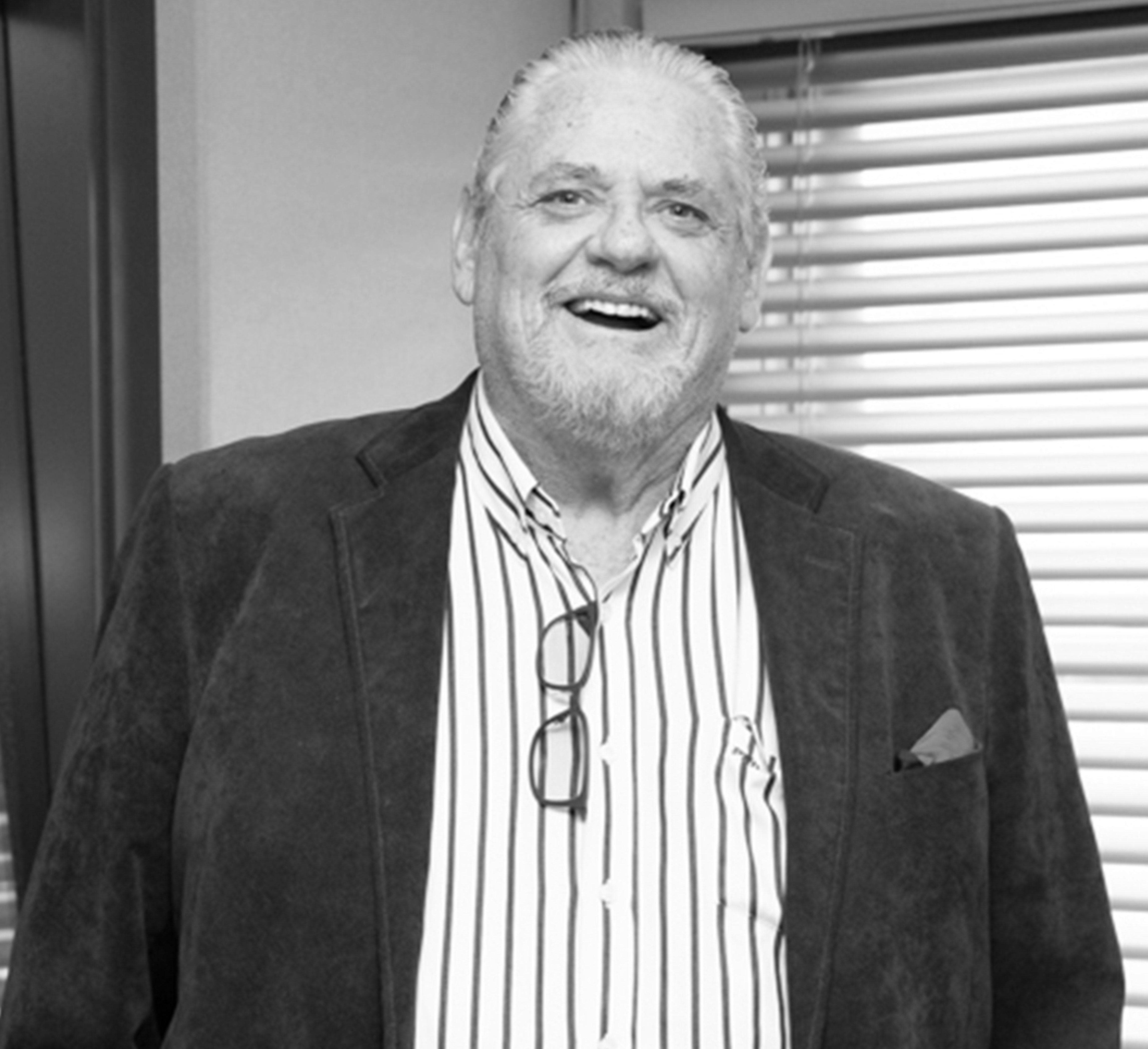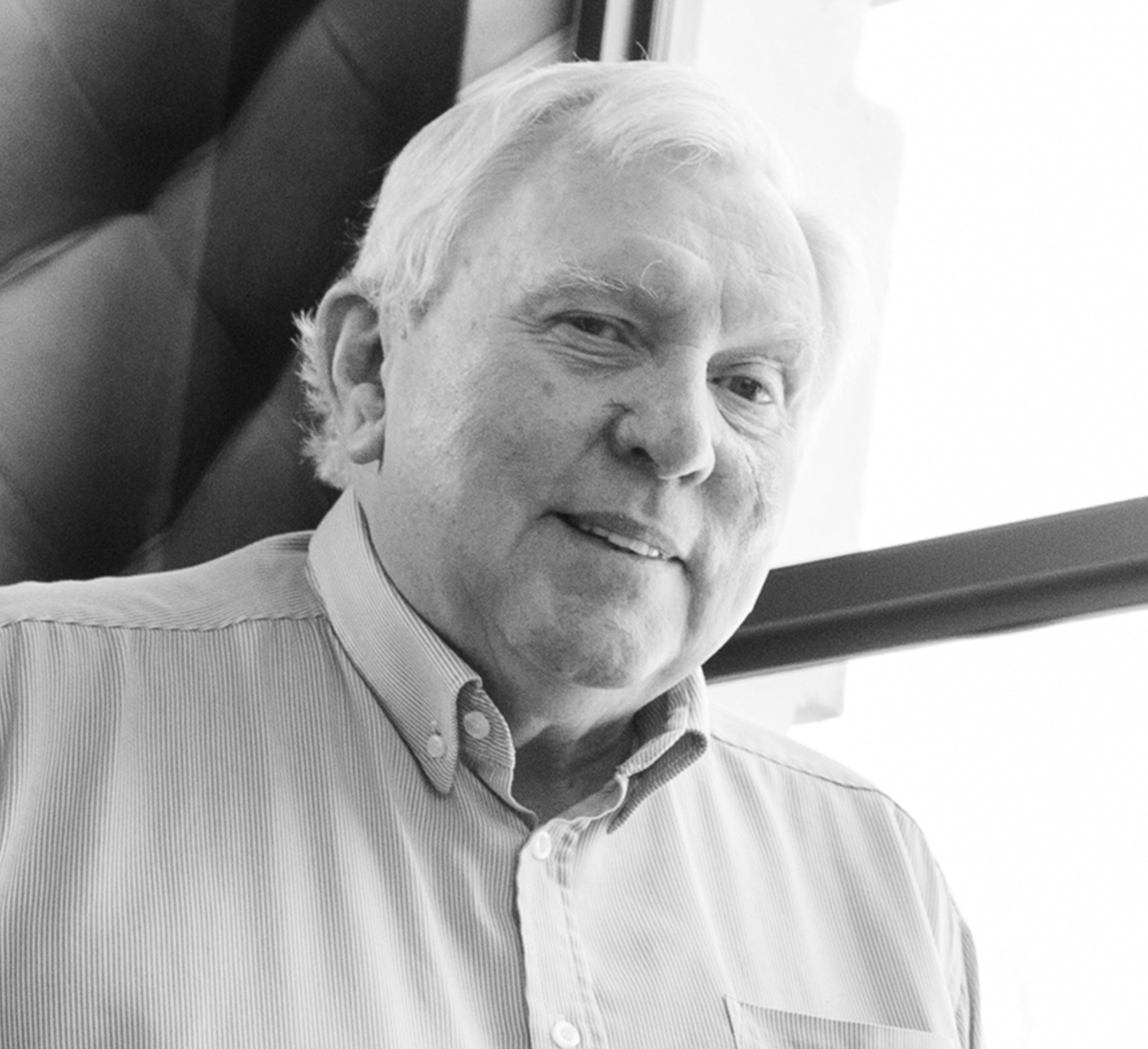33: Bernardt van der Linde
Chief Financial Officer – Curro Holdings
A proven formula; double the number of students in five years and with plans of further expansion, South Africa’s largest education group is continually scoring top marks.

CIARAN RYAN This is CFO Talks and today we are joined by Bernardt van der Linde, who’s the chief financial officer of Curro. Curro is a great South African success story, since 2014 it’s grown the number of campuses from 31 to 68 and the number of schools from 79 to 164 – and maybe, Bernardt, in a minute you can spell out what is the difference between a school and a campus. Curro has also doubled the number of students to 57 100 over the same period and that’s a period of five years. That’s a compound growth of about 16% a year. Not all of this growth has come from the building of new schools, it’s embarked on a programme of acquiring existing schools, which can be bought at a fraction of the replacement value, and all it does is it applies its proven formula of add water and mix to get these schools to the desired rate of profitability. Welcome, Bernardt, it’s great to have you on.
BERNARDT VAN DER LINDE: Thank you for having me.
CIARAN RYAN I was at the June half-year results presentation and I get the sense that each presentation that you have is quite a joyous occasion for Curro. It is a great South African success story because I also know the challenges that go into ensuring that the juggernaut just keeps on growing and producing profits, and that’s quite a challenge. From your hat, as CFO of Curro, where are the real challenges of driving growth and ensuring there’s sufficient cash flow to sustain this?
BERNARDT VAN DER LINDE: Obviously, Ciaran, if you can think about schooling and I always say I think there’s an insatiable demand for schooling, everybody wants education. So there’s no problem for demand. Obviously, the limiting factor is really the affordability of schooling. So for us our vision is to make independent schooling accessible to more learners throughout Southern Africa and that means that we are obviously looking at providing a good product, a value for money product, and we continue to look at how we can look at affordability of schooling and education. If we can get that formula right, then we don’t need to worry about the growth and the profits, that will then take care of itself. What has helped us in the past is that we have great shareholders, the likes of PSG Group that are a majority shareholder and they have backed us a lot with capital upfront and to build these schools or acquire these schools. Then we have also got good funders in Standard Bank, Investec, Absa and Sanlam that have helped us on the debt side, and as our numbers have increased our cash flow has improved and that has helped us to develop further schools. So for us it was about when it was putting a number of schools down across South Africa and Southern Africa, it’s now again to look at filling the capacity of those schools because you’ve got a large portion of upfront fixed costs, whether you have one child in a class or 25 learners in a class it costs you the same, so there’s a lot of operational gearing in our business. So if we can fill our capacity then obviously that will help with the profit as well.
CIARAN RYAN I noticed also from the results presentation that one of the areas of emphasis that you have is to start filling up from Grade 8 to Grade 12, so you obviously have this flow through of students coming through the lower grades but they haven’t quite got to the point where they are filling up the higher grades, is that correct? So you have already expended this capital on building and equipping these schools, now you’ve just got to try and get more, I guess, cash flow running through those same assets.
BERNARDT VAN DER LINDE: Ja, although we are a property company and that’s…you can always look at the pros and cons of our business model, we are not like the people who build an office block or a shopping centre in that when you open on day one you fill the capacity with tenants. If a tenant closes their shop you can hopefully also fill that up quite soon. For us it is really that you get larger enrolments at Grade R and Grade 1 of primary school and then obviously Grade 8, as you mentioned, on the high school, so that’s where our biggest entry grades are. Then for that to go through to Grade 12 is quite important for us because if a learner leaves you in Grade 10 or 11 it’s very unlikely that you will fill that capacity again. So it is quite important for us to see how we can maintain and provide a good service for that learner and make sure that they are performing academically, developing on all fronts that they will want to stay in our school up until Grade 12.
CIARAN RYAN It’s an interesting viewpoint that you mentioned there is that you’re actually a property company and what you’re doing is you’re occupying it with tenants. I never really thought of it that way, that is an interesting way to look at it. Nic, do you have a question?
Providing schools in fast-developing suburbs
NICOLAAS VAN WYK South Africa traditionally has a model of schools, where private schools are more for the upmarket type of parent who would pay more but it seems like your model is in between. How do you inform the market about that and I seem to recall some tension between Curro and the Department of Education about how exactly you want to position yourself, so I suppose the question is how do you marry the principle that we’re all familiar with in South Africa on where education is more of a public benefit, funded by taxpayer money, with a profit motive.
BERNARDT VAN DER LINDE: I have a very long philosophical take on this, and I think if you look globally, let’s start with government, government will normally only intervene where private providers don’t want to come and that’s normally because of massive capital outlay. So if you think about Eskom or Telkom, how it was before, that’s where governments come in to put down massive infrastructure and then obviously it will be for the benefit of the public and no private guy wants to do that. So I think that’s where schooling almost started, is that yes, you need to educate our population and nobody was really willing to do that in the past. I think as things have developed over time obviously private schools came into play and a lot of the older private schools are non-profit private schools and they were normally associated with churches, so people thought they could further their religion through schooling, so that was one of the bigger areas where private schools came in, in the past. That’s now developed to like we are a full profit private schooling, in that normally the government can’t supply the demand and especially in the middle to high income areas, where there may be new developments. If you look at a great example like the West Rand of Johannesburg, where there’s been a lot of houses been built, Pretoria East, and there are not a lot of government schools that are being developed there. So we’ve actually got quite a good relationship with government in that we are in a position to provide schooling in those areas. I think where we are, especially our academy schools, which is the middle end of the market for R2500 a month, that is very much in line with ex-Model C schools in terms of pricing. So we’ve actually got a quite a good relationship with government in that area. Again, on global terms, we’ve seen a lot of overseas countries where they are essentially working on vouchers or other incentive systems for private providers to rather serve the need for schooling, as it normally leads to better outcomes, higher quality at a lower price because we know it’s difficult to manage bureaucracy. So I think a lot of overseas countries where private schooling is encouraged and it’s been funded by government vouchers. I think it’s quite a nice interplay and I think over time the private school market will just continue to develop further as we are in a position to assist government in building out, with helping with educational requirements of the country.
CIARAN RYAN I think I just forgot to introduce Nicolaas van Wyk, who’s the chief executive of the South African Institute of Business Accountants. Nic, you have another question.
NICOLAAS VAN WYK With this phenomenal growth that you’ve managed to set up for Curro in the local market is quite amazing because if you consider business strategy models, education would have been the last place Porter would suggest you enter because it’s already filled with public schools, yet you’ve managed to develop this niche area and obviously explode it to where it’s currently at. How do your financial statements look, how do you account for a student within the financial statements? If you take a Grade 1 pupil do you project them forward to stay the full seven, eight or 12 years in schooling? Is it more financially driven or is it something else?
BERNARDT VAN DER LINDE: I think for us it’s obviously a very simple business, the majority, 95%, of our income is essentially the school fees that we charge on a monthly basis. Yes, we do have some enrolment fees, a couple of properties do have hostels or residences but essentially, we are on a month-to-month basis that we’re expecting people to pay us. On the expense side we’ve got salaries, which are the biggest portion for personnel, for teachers and non-teaching staff, so that’s about 70% of our expenses and the rest is just our normal…the biggest expense is basically facilities that includes rates and taxes, water and electricity. So it’s a very simple business model, it’s a very predictable business model. So if you are getting enrolments at the beginning of the year in January you tend to be very accurate in terms of your cash flow towards the end of the year, the numbers will stay quite stable for the year, and then yes, unfortunately people move, that’s normal, about 50%, and then people who leave the school is round about 18% and about 50% of that will be just because of relocation, people who are just moving houses, provinces, countries and so on. Then we’ve got unfortunately also due to financial reasons that people can’t afford the fees and that’s about 20% to 25%. The other 20% to 25% are basically people who will leave due to some special need, maybe special educational needs or it’s just a schooling system that doesn’t work for them that they will move out of the school. So overall, I think we are just quite a simple business model, good cash flows and actually quite simple accounting, nothing too fancy that we need to recognise contracts over multiple years and do some interesting revenue recognition on that.
Curro’s ‘secret sauce’
NICOLAAS VAN WYK So you just explained quite the obvious business model but clearly you are very successful, what is your secret sauce that makes it work? In my own experience and I can only speak about that, if I look at schools I see schools struggling, it’s difficult with the governing bodies, getting them involved and having parents elected as representatives, the school principal, he’s got a difficult relationship with some governing bodies, then you’ve got government involvement looking over the school. The facilities don’t look great, the average school, and if you look at their budgets they just scrape by. So the obvious thing is collecting fees from pupils and funding the school but clearly you’ve got some secret ingredient there because why do your schools look better and function better?
BERNARDT VAN DER LINDE: We are fortunate that we can charge fees and I wouldn’t say it’s very much higher than the government rates on average. I think about 60% of the schools in the country there are no fees charged for learners. So then obviously also the funding then from government’s side is limited to those schools. Also, if you can’t afford school fees then government schools have to take you, even though you can’t afford school fees. It’s not like for our business model, we’re essentially collecting 95% of all schools’ fees that we charge, I know that with the government schools where they charge fees it’s much lower. That’s on the one side, the other side I think our leadership is much more simple, as you alluded to, there are governing bodies, there are a lot of role players involved in government schools and ours is a bit more simple, we try to give as much control as possible to the principal or the executive head at the school. So he will have a parent advisory committee that will just be an advisory capacity but the control of the school and the day-to-day running essentially sits with that executive head and he is empowered and incentivised to do that as well as possible.
NICOLAAS VAN WYK Two further questions, the first one is do you do an analysis before you rollout a new school, do you consider the growth area that you want to build or position this new school and then the future growth in that particular area?
BERNARDT VAN DER LINDE: Absolutely, with a school and a new investment it’s north of R100 million for a completed school. So we do quite good analysis, quantitative and qualitative, where we want to build a new school. So we look at the population data, we look at the number of children, what’s the economic capacity, what other schools are there in the area and what are the types of employers in those areas. So yes, I think like any normal business that wants to establish a new plant or shop or whatever, that we do go through quite an analysis before we decide to build a new school.
f The second part is are there any business units that you combine into a head office function, like the financial accounting, because I have read the Corruption Watch report s about how poorly public schools are financially managed. Do you centralise some of the bookkeeping and the financial statements and the financial controls?
BERNARDT VAN DER LINDE: Ten years ago Curro only had three campuses, and I can get to the difference between a campus and a school, so a campus will be basically a site where a school is established. Then for the schools, on most of our sites we will have three schools, a preschool, primary school and high school. So ten years ago Curro had only three campuses with about eight or nine schools and that’s where a lot of – I wouldn’t say decentralised – processing is performed, from debt collection to accounting happens at school level. So it made a lot of sense at that stage but as the portfolio has grown now we obviously know that it makes sense for a lot of processes to be centralised to a larger extent and it’s important from two perspectives in that the people on the ground level at the school must be free to work as much as possible with the learners and the parents to provide a good quality service and they shouldn’t be bogged down with admin and other tasks that may take up their time. The front office must be at the school and the back office like debt collection and accounting is being centralised a bit more every year.
How the role of the CFO has changed in ten years
CIARAN RYAN Can we just move onto the role of the chief financial officer for a minute, from your perspective just give us an idea how this role has changed over the last ten years? I know from my discussions with CFOs it seems that they’re spending a lot more time on people issues and regulatory issues and ticking boxes and that kind of thing, is this your experience, it’s more people management than it is looking after the numbers?
BERNARDT VAN DER LINDE: Absolutely, I totally agree with the people side of the business, I think we can get to that a bit later. In the Curro context a couple of years ago it was a lot about raising the funding through equity or debt, that was the focus, we wanted to expand quite quickly. There was this window of opportunity in South Africa that we believed that the market is looking for private schools and that we want to establish our footprint as fast as possible. Now that it’s quite a well-established footprint, it’s more of a drive towards efficiencies and processing, as Nic has alluded to, where there can be a lot of benefits that can be gathered from that. I think CFOs will definitely need to improve their people management over time, it’s not just a guy sitting in the corner anymore and just writing up the numbers. I think it’s important for them to get cooperation across the organisation and as well as we are moving in more complex concepts, especially on the accounting side, is for them to focus on simplifying those concepts and then effectively communicate it to employees and other stakeholders. So I think there are quite important things that are required from CFOs of today.
CIARAN RYAN We’re just running out of time here, so I’ve got a few quick questions that I want to run past you, is there a point at which Curro will go ex-growth or are you confident you can maintain this momentum going forward?
BERNARDT VAN DER LINDE: I think how growth should be defined is it’s growth in the number of campuses, learners, schools, revenue, profits. I think on all those fronts I think there’s still quite a long runway in South Africa. Like I said, I think the demand still remains quite strong and if we can continue providing a value for money option then I think there’s still a lot of potential for growth going forward and if the economic circumstances change then that will also help a bit. I think if you consider any parent, they would want the best for their child, so as long as that continues, I think there will always been growth opportunities.
CIARAN RYAN I see from your results presentation that Curro is only planning five new schools in 2020, so your emphasis seems to be shifting from getting students to stay longer in schools, up to Grade 12. In other words, you’re making your assets sweat more, is this correct?
BERNARDT VAN DER LINDE: I don’t think it’s a new strategy or a shift, we’ll always want to retain our learners for as long as possible. I think it will be beneficial for everyone because we’ll be filling our capacity and you’ll have consistency from the learners’ perspective.
CIARAN RYAN If you cast your mind forward ten years, how do you feel the role of chief financial officer will change as technology automates a great many more admin functions and regulation becomes even more tighter?
BERNARDT VAN DER LINDE: We have touched on the people side of it, I think it will be a lot more about people, looking at better ways of improving because I think that’s where you’re going to compete, improving process can have a cost implication, so you need to stay at the forefront of that to make sure that your costs become cheaper because there’s a lot of competition there. Just lastly, I still believe that effective communication is quite important for CFOs today and in ten years that will always be there.
CIARAN RYAN Just a question I ask everybody who comes on the CFO Talks podcast, what books are you reading or would you recommend?
BERNARDT VAN DER LINDE: There’s one great book that I like, it’s a non-fiction business book, it’s called The Great Game of Business by Jack Stack. What I like about it is the importance of communicating with your employees, get a simple way of communicating the health of the business and how you can encourage them to go forward for that business and giving them simple measures of the business performing well. So that’s a book I really liked. I also liked Sapiens: A Brief History of Humankind by Yuval Noah Harari, it’s about humanity from 10 000 years ago up until today. On the fiction side I like the Ken Follett trilogy…
CIARAN RYAN He’s a great author. Nic, did you have a final question.
NICOLAAS VAN WYK Yes, it relates more to you personally, I was reading your LinkedIn profile and I see you have done the normal things, BCom Accounting but I also see that you are a CFA charterholder, did you ever go the CA route and how did you decide to rather go the CFA route?
BERNARDT VAN DER LINDE: I did the CA route but in addition to that I did CFA as well, so I did both of them and obviously the CA is more accounting orientated and the CFA is quite nice from a financial analyst perspective, business valuation, and looking forward I think there’s a lot of nice skills that I could also master after I have done that.
NICOLAAS VAN WYK We see this with a lot of the CFOs we interview, they never stop studying, a lot of them choose the MBA route, others choose the CFA route, they do courses in between. Why is that?
BERNARDT VAN DER LINDE: I think for me it’s because I like to learn new things but we know that life-long learning is not an option, it’s a necessity going forward, as things change so much you’ll become irrelevant if you don’t continuously study. It doesn’t have to be MBAs or whatever but just look at the trends, and there are so many available resources. If you look at all the Ivy League universities in the USA, there are thousands of courses that you can actually get for free online. So there’s a lot of opportunity to study and you don’t have to enroll for something but I think it’s just a requirement for you to stay relevant, otherwise you will fall behind.
CIARAN RYAN Great, Bernardt, I think we are going to have to leave it there. Thank you very much for coming on and talking to us today. That was Bernardt van der Linde, chief financial officer at Curro.

